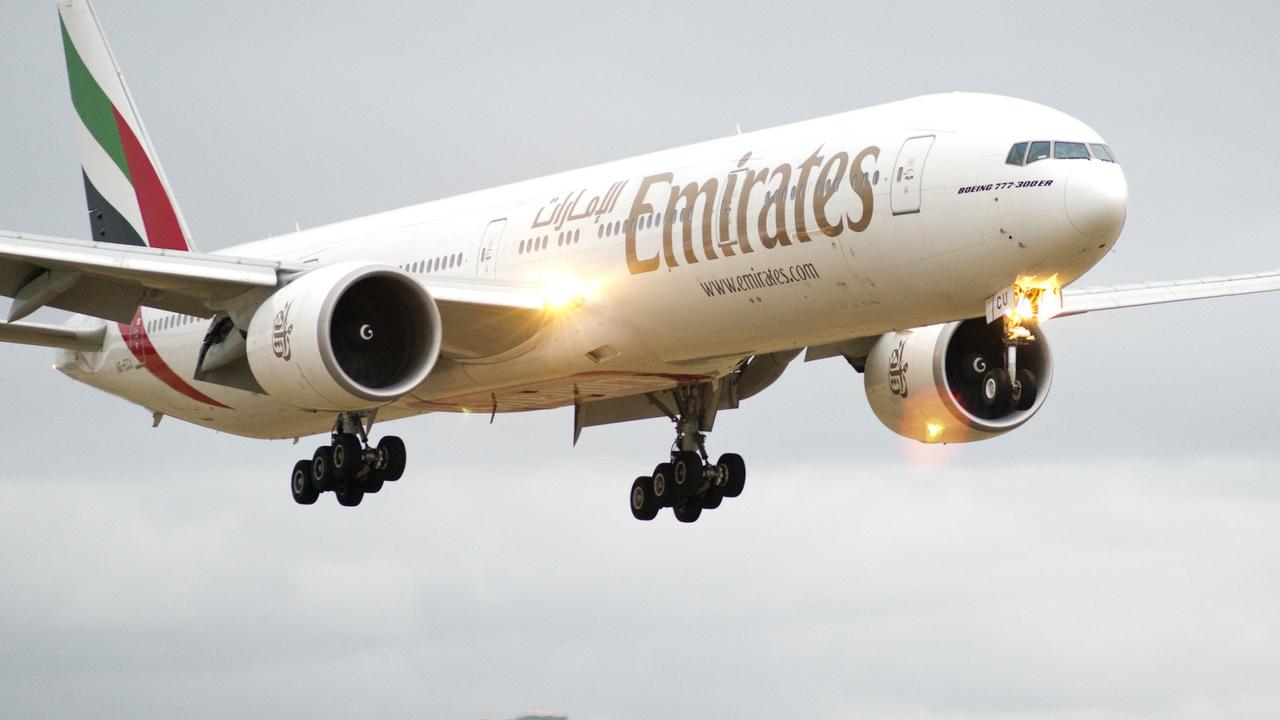Why MS804 was definitely the last thing Egypt needed
AS AUTHORITIES search for answers over the likely crash of flight MS804, another massive problem has emerged for Egypt.
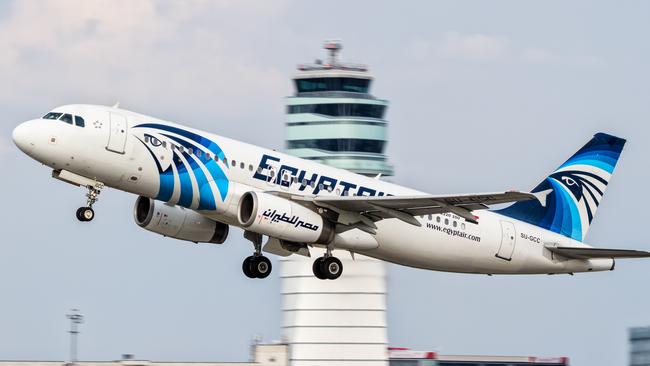
IT HAD, for centuries, drawn millions of Western travellers with the irresistible lure of its rich culture and iconic antiquities.
But even before EgyptAir flight MS804 failed to reach its destination in Cairo on Thursday, Egypt’s tourism industry was in crisis.
And this latest incident has almost certainly sounded its death knell.
Tourism is crucial to Egypt, a country already engulfed by years of political upheaval and civil unrest. The tourism industry contributes about 11 per cent of the country’s gross domestic product and employs about 12 per cent of the workforce, according to government figures.
Tourism in Australia, as a comparison, contributes about three per cent of our GDP.
Experts say EgyptAir’s doomed flight — whether caused by a mechanical failure or attack — has struck another crippling blow to an already struggling economy.
“There is no doubt that it will take a while for the Egyptian tourism and economy to get back on its feet,” travel and consumer trends analyst Kinda Chebib, from Euromonitor International, told the UK’s The Telegraph.
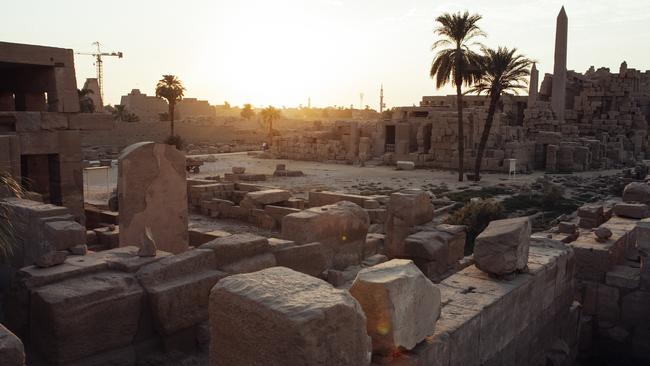
He said the MS804 disaster was “very likely to deter tourists to go to this part the world”.
As questions are raised about airline and airport security in light of the passenger jet’s likely attack, Gamal Abdel Gawad, a political science professor at the American University in Cairo, told Bloomberg: “The worst case scenario for public opinion inside and outside Egypt would be if the accident was caused by incompetency of Egyptian staff at a time when the government is trying to present a picture of itself as disciplined and competent.”
Civil unrest and bloodshed that engulfed the tourism powerhouse with the overthrow of former president Hosni Mubarak in 2011 have chipped away at foreign visitor numbers.
According to recent figures, the number of people travelling to Egypt has almost halved in the past 12 months, from 2.2 million in the first quarter of 2015, to about 1.2 million in the same period this year.
Tourism revenue has plummeted over the same period, from $US1.5 billion in the first quarter of 2015 to $US500 million a year later.
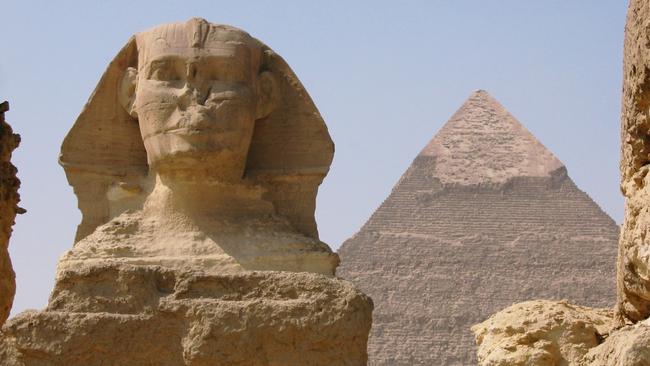
The deadly bombing of a Russian passenger jet in November last year has been attributed to that sharp decline.
The Metrojet flight 9268 bound for St Petersburg exploded over the northern Sinai, 23 minutes after take off from Egypt’s Sharm el-Sheikh airport on the Sinai Peninsula.
All 217 passengers and seven crew on board the Airbus were killed. Islamic State claimed responsibility for the attack.
A number of UK, Russian and other European operators have still refused to resume flights to Sinai following the attack.
Other incidents have helped keep tourists away, such as an attack on a tour bus party near the Giza pyramids and an attack near a hotel in the Sinai resort of Hurghada.
Last year, 12 people were killed when Egyptian security forces bombed a group of Mexican tourists they mistakenly thought were terrorists.
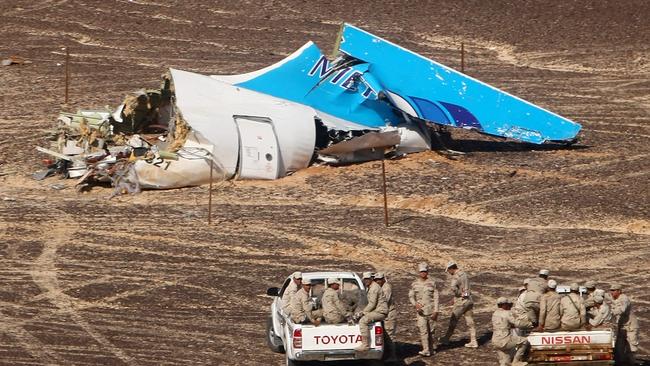
In light of those incidents, as well as the wider civil unrest in Egypt, governments around the world have urged their citizens to stay away.
The advice from the Department of Foreign Affairs, which has not changed since the MS804 incident, is that Australians reconsider their need to travel to the country due to the threat of kidnappings and terrorist attacks, especially at tourist spots such as hotels, restaurants and bars, embassies and major transport hubs.
Aussies are also urged to completely avoid the North Sinai region, where a state of emergency continues as Egyptian armed forces battle extremists in the area.
The UK and US governments have similarly warns its citizens about the threat of violence, including terrorism, in Egypt.
In Egypt, dozens of empty hotels have shut down, with some having recorded occupancy rates of as low as zero per cent.
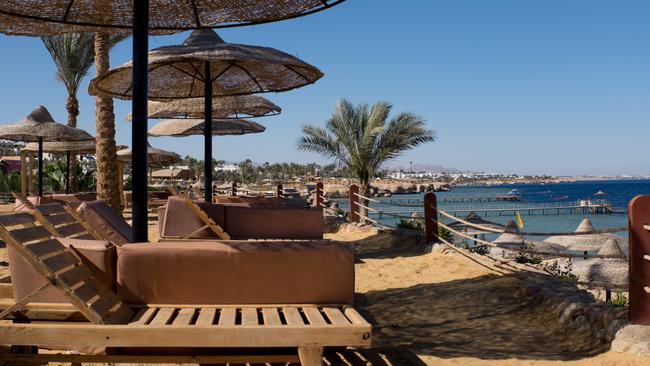
Nile operators have struggled to fill cruises along the legendary river while crowds have thinned considerably outside iconic landmarks such as Giza’s pyramids and Great Sphinx.
The Egyptian government had been working on strategies to recoup visitor numbers, including extensive renovations of ancient sites and heavier online advertising, but EgyptAir, the country’s national carrier, has also struggled since the overthrow of the Mubarak regime.
The airline — which is state-owned but permitted to operate similar to a private company — is believed to have lost close to $1 billion since the 2011 uprising, largely due to skyrocketing fuel costs, the devaluation of the Egyptian economy and widespread strikes.
The airline has a relatively good safety record — a safety rating of 5/7 on AirlineRatings.com — but it has been marred by a recent string of headline-making incidents, including the hijacking of flight 181 by a man wearing a fake explosive belt, forcing the plane’s diversion to Cyprus.
Now coupled with the likely crash of MS804, the airline’s troubled history is unlikely to instil confidence in intrepid travellers still willing to travel to Egypt.


